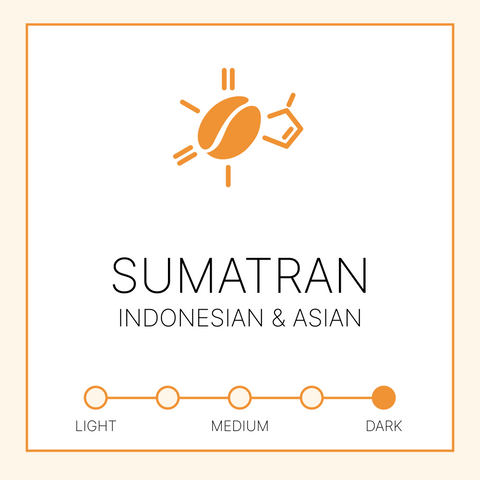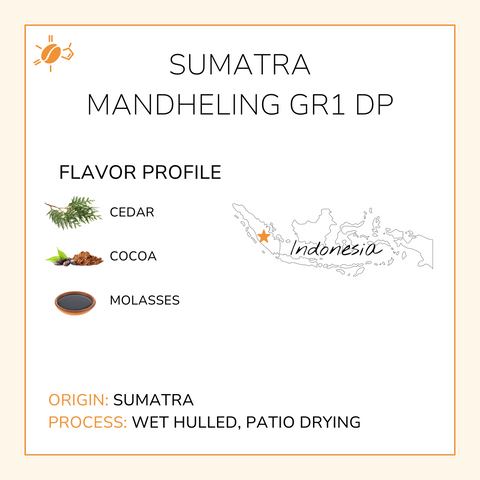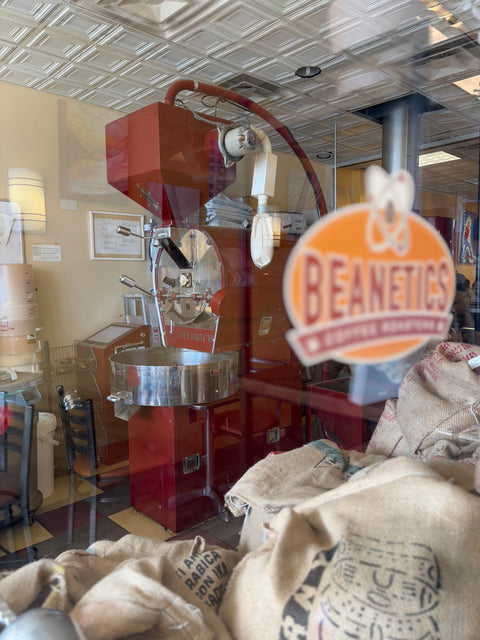A Dedication to Coffee's Best Flavors
At Beanetics Coffee Roasters, we're more than just a roaster; we're your neighborhood coffee experts, committed to sustainability and delivering freshness with every order. We skip the fancy, wasteful packaging, focusing instead on high-grade, reusable packaging to ensure your coffee arrives at its peak flavor and aroma.





